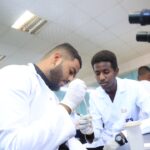
About the Department
Welcome to the Department of Fixed Prosthodontics at NU- Sudan
The Department is responsible for teaching of fixed prosthodontics, research and clinical services. The pre-clinical phantom head lab is used for pre-clinical training of undergraduate students.
A dental technology laboratory, equipped with up to date technologies, facilitates the teaching and learning of fixed prosthodontics to our undergraduate students while maintain the delivery of a good clinical service for patients.

